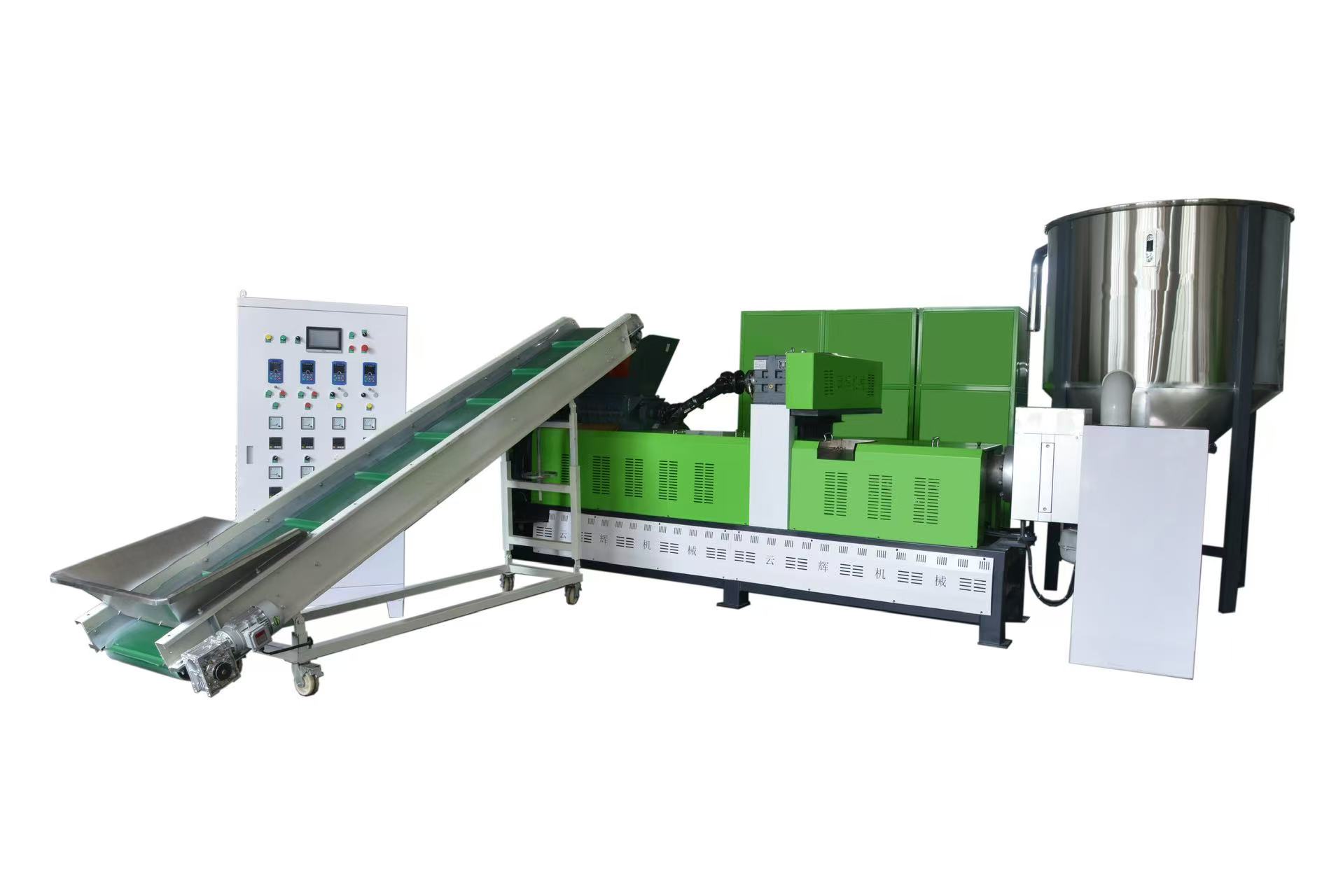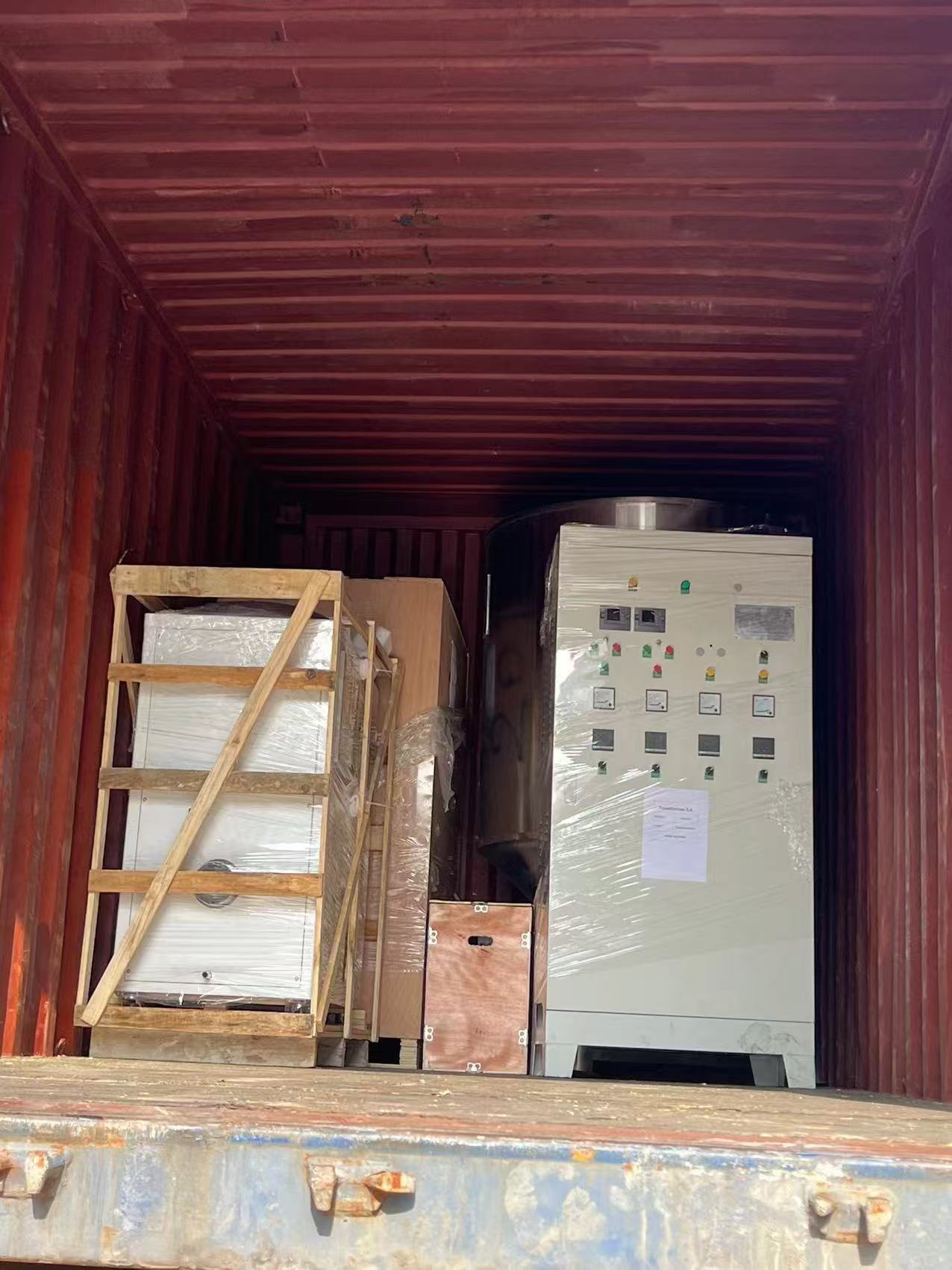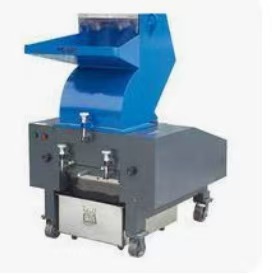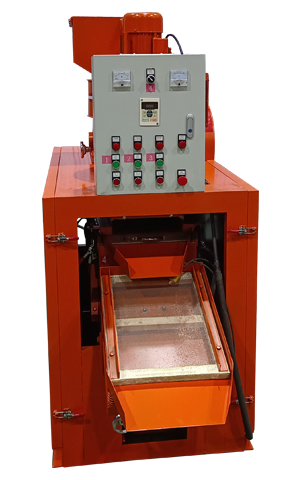Plastic crushers have become indispensable equipment in the recycling industry, and their ability to support customization makes them even more valuable in meeting diverse material processing needs. In a market where plastic waste comes in various forms—from flimsy low-density polyethylene (LDPE) bags to rigid high-density polyethylene (HDPE) bottles and thick polypropylene (PP) containers—a one-size-fits-all crusher often falls short. Customization ensures that the machine can be tailored to specific materials, processing volumes, and output requirements, thereby improving the efficiency of recycling operations and reducing costs.
One of the key aspects of customization lies in the design of the crushing chamber and blades. For example, when processing soft and flexible materials such as LDPE films or plastic bags, blades with specific sharpness and spacing are required to prevent clogging and ensure uniform crushing. In contrast, crushing hard and thick materials like HDPE pipes or plastic crates demands robust, wear-resistant blades (usually made of high-carbon steel or alloy materials) and a more powerful motor to handle the greater load. Custom manufacturers can adjust blade configurations, rotor speeds, and crushing chamber sizes to match the hardness, thickness, and flexibility of the materials, ensuring optimal crushing results while avoiding excessive energy consumption.
Another important aspect of customization is the particle size of the crushed material. Different recycling processes have different requirements for particle size: some applications require fine particles for direct extrusion molding, while others can accept coarser fragments for further processing. Custom plastic crushers allow operators to control the final particle size by adjusting the screen size or blade gap, eliminating the need for secondary crushing and thus improving overall recycling efficiency.
In addition, for specific working environments, customization can also be reflected in the portability of the equipment, dust and noise reduction designs, or the degree of automation. For instance, in small recycling sites with limited space, compact crushers can be customized; in medical plastic processing scenarios with high hygiene requirements, sterile crushing functions can be added. This flexibility enables plastic crushers to better adapt to the diverse material recycling needs in regions like Nigeria, especially when dealing with large quantities of low-density and high-density plastic waste. It effectively solves the crushing challenges caused by differences in material properties and promotes a more efficient and sustainable development of the local plastic recycling industry.
If you need a plastic crusher or shredder, please contact me.






